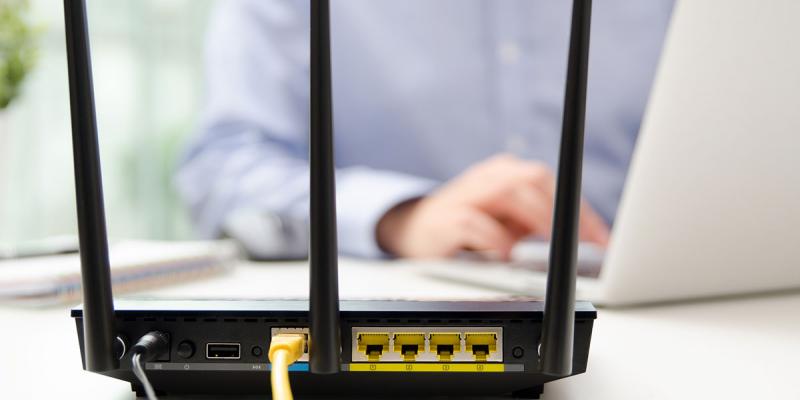
Home Routers Targeted with New Cyber-attacks
A recently discovered hack of home and small-office routers is redirecting users to malicious sites that pose as COVID-19 informational resources in an attempt to install malware that steals passwords and cryptocurrency credentials, researchers said on Wednesday.
A post published by security firm Bitdefender said the compromises are hitting Linksys routers, although BleepingComputer, which reported the attack 2 days ago, said the campaign also targets D-Link devices.
The researchers, citing data collected from Bitdefender security products, suspect that the hackers are guessing passwords used to secure routers’ remote management console when that feature is turned on. Bitdefender also hypothesized that compromises may be carried out by guessing credentials for users’ Linksys cloud accounts.
The router compromises allow attackers to designate the DNS servers connected devices use. DNS servers use the Internet domain name system to translate domain names into IP addresses so that computers can find the location of sites or servers users are trying to access. By sending devices to DNS servers that provide fraudulent lookups, attackers can redirect people to malicious sites that serve malware or attempt to phish passwords.
The malicious DNS servers send targets to the domain they requested. Behind the scenes, however, the sites are spoofed, meaning they’re served from malicious IP addresses, rather than the legitimate IP address used by the domain owner.
The malicious-sites users land on claim to offer an app that provides “the latest information and instructions about coronavirus (COVID-19).”
Users who click on the download button are ultimately redirected to one of several Bitbucket pages that offers a file that installs malware. Known as Oski, the relatively new piece of malware extracts browser credentials, cryptocurrency wallet addresses, and possibly other types of sensitive information.











